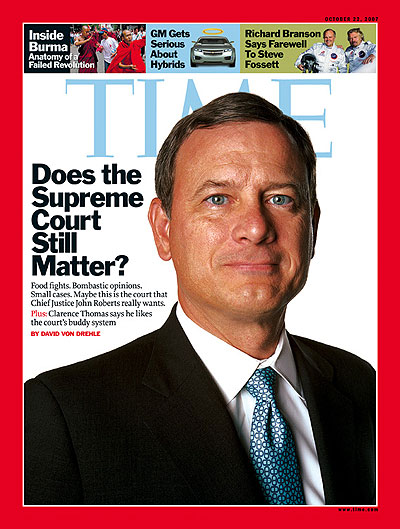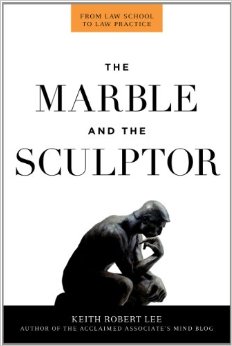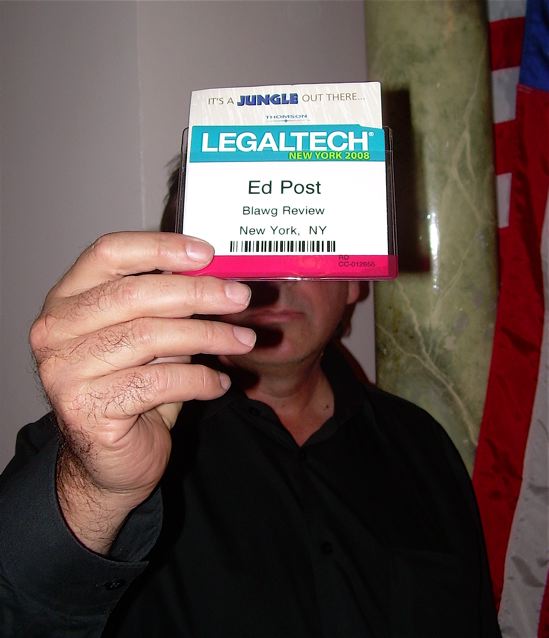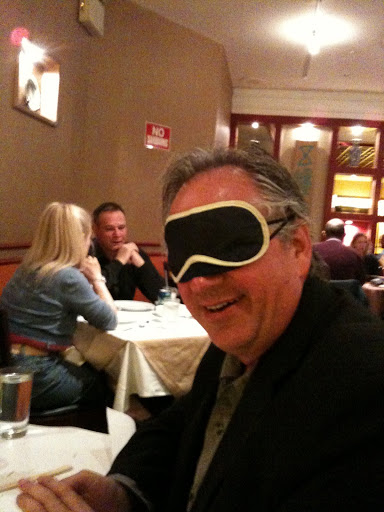 When Chief Justice John Roberts appeared before the Senate in 2005 for confirmation, he famously stated that his role as Chief Justice would be “to call balls and strikes and not to pitch or bat.”
When Chief Justice John Roberts appeared before the Senate in 2005 for confirmation, he famously stated that his role as Chief Justice would be “to call balls and strikes and not to pitch or bat.”
He seems now to have fully discarded the umpire’s uniform in his pursuit of making policy.
On Monday the Court denied certiorari in Marek v. Lane, which was a cy press settlement matter. Cy pres is where class action settlement proceeds don’t go to the victims due to the difficulties or expense of distribution, but go instead to a charity of some kind as being “as near as” possible to getting the funds to the actual victims. This was, as per Adam Steinman (Civil Procedure and Federal Courts Blog):
a closely watched class action against Facebook. Four class members had objected to the settlement of that class action, which included as a cy pres remedy “the establishment of a new charitable foundation that would help fund organizations dedicated to educating the public about online privacy.” The settlement was approved by the district court and on appeal to the Ninth Circuit, prompting a petition for certiorari by one of the objectors.
But while the issue of whether it’s appropriate to send the funds to a charity is a hotly debated one, created in a legislative vacuum, neither its rightness or wrongness is the issue I want to address. (See Public Justice Foundation in favor and Ilya Shapiro at Cato for opposing view.)
Instead, I draw your attention to a statement issued by C.J. Roberts (via Overlawyered), accompanying the denial of certiorari, where he discusses his desire not to call the balls and strikes, but rather, to affirmatively make decisions about policy:
I agree with this Court’s decision to deny the petition for certiorari. Marek’s challenge is focused on the particular features of the specific cy pres settlement at issue. Granting review of this case might not have afforded the Court an opportunity to address more fundamental concerns surrounding the use of such remedies in class action litigation, including when, if ever, such relief should be considered; how to assess its fairness as a general matter; whether new entities may be established as part of such relief; if not, how existing entities should be selected; what the respective roles of the judge and parties are in shaping a cy pres remedy; how closely the goals of any enlisted organization must correspond to the interests of the class; and so on. This Court has not previously addressed any of these issues. Cy pres remedies, however, are a growing feature of class action settlements. See Redish, Julian, & Zyontz, Cy Pres Relief and the Pathologies of the Modern Class Action: A Normative and Empirical Analysis, 62 Fla. L. Rev. 617, 653–656 (2010). In a suitable case, this Court may need to clarify the limits on the use of such remedies.
This call to action (‘Send me a good case so we can put our imprimatur on the issue!’), goes quite a ways away from merely umpiring for the people on different sides of an issue.
Roberts didn’t ask Congress to step up to the plate, he asked instead for a suitable case so that the judiciary can perform a legislative function.
In a blog post back in 2009, the Drug and Device Law Blog — very much a defense oriented blog — raised the same issue in excoriating the concept of cy pres. They wrote:
Under our tripartite system of government, the legislature is supposed to make the laws and the executive to enforce them. Where is the law or regulation allowing, as a consequence of some legal violation, one private person’s money to be taken away and given to some other private person(s) whom the violator didn’t injure? There isn’t any. If there were, there’d be no need to resort to cy pres, because the statute or rule (assuming it were constitutional – which is a stretch) itself would provide the distribution scheme, not some vague notion of “equity.” The government can impose civil or criminal fines for conduct that’s illegal, without regard to causation or damages, but the money in those situations goes to the government as the sovereign enforcer of the laws.
But while they argued there shouldn’t be any such thing as cy pres, C.J. Roberts isn’t suggesting that it be abolished (though he is certainly open to it). What he asks is that the judiciary regulate them, hence his conclusion that the Supreme Court “may need to clarify the limits on the use of such remedies.”
And you will not find any mention in his statement suggesting that Congress resolve the matter.


